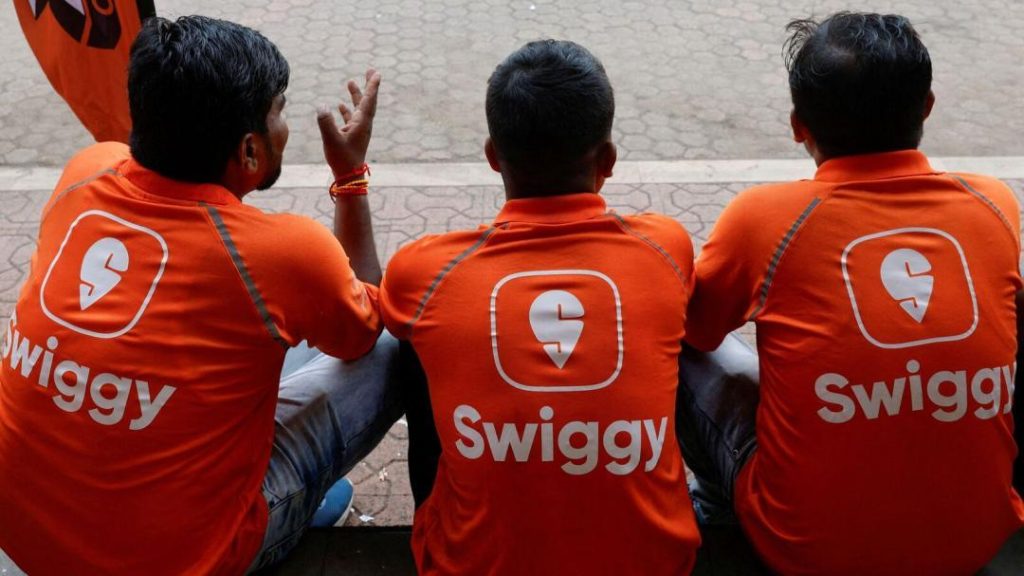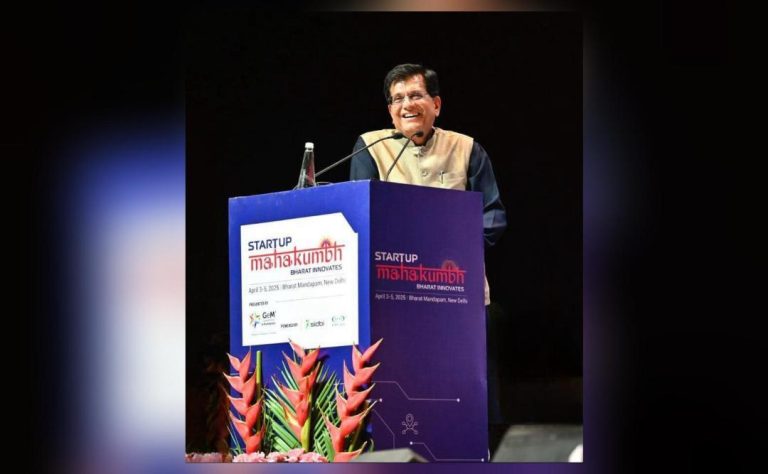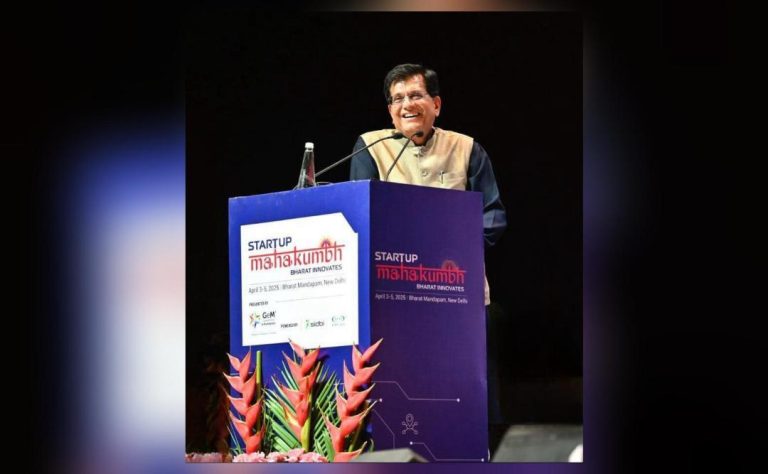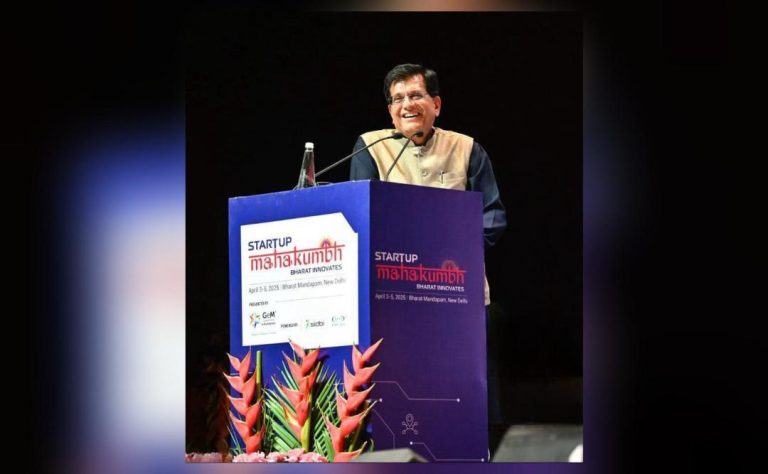
Swiggy Faces ₹158 Crore Tax Demand Over Cancellation Fees
In a recent development, the Bengaluru-based food delivery giant, Swiggy, has been slapped with a whopping ₹158 crore tax demand by the Income Tax Department for the financial year 2021-22. The demand is allegedly related to cancellation charges paid to merchants on the platform. Swiggy plans to appeal against this demand, claiming that it stems from a misunderstanding of tax provisions. The case has significant implications for the digital economy and may set a precedent for how cancellation fees are taxed.
According to reports, the Income Tax Department has issued a notice to Swiggy under Section 156 of the Income Tax Act, 1961, alleging that the company has not paid taxes on the cancellation fees collected from customers. The notice states that Swiggy has failed to comply with the tax laws and has thereby evaded taxes. The company has been given a deadline of 30 days to respond to the notice and deposit the demanded amount.
Swiggy has, however, disputed the demand, claiming that it is a misunderstanding of the tax provisions. The company has stated that the cancellation fees collected from customers are not its income and are therefore not taxable. Swiggy has also argued that the Income Tax Department has not provided any clarification on the tax treatment of such fees, and it is unclear how the department arrived at the demanded amount.
The case has significant implications for the digital economy, particularly for companies that operate on a commission-based model. The Income Tax Department’s demand may set a precedent for how cancellation fees are taxed, and other companies may face similar demands in the future.
Experts suggest that the case highlights the need for clarity on tax provisions related to digital businesses. “The tax authorities need to provide clear guidelines on how to treat cancellation fees, commission, and other revenue streams in the digital economy,” said a tax expert. “The lack of clarity creates uncertainty and can lead to disputes like this one.”
Swiggy’s plan to appeal against the demand is likely to prolong the dispute, and the company may seek to challenge the demand in court. The outcome of the case will have significant implications for the company’s financials and may also impact its future growth plans.
The demand has also raised questions about the tax compliance of Swiggy and other digital businesses. The Income Tax Department’s action may be seen as a move to ensure that digital companies comply with tax laws and pay their fair share of taxes.
In conclusion, the ₹158 crore tax demand on Swiggy over cancellation fees is a significant development in the Indian digital economy. The case highlights the need for clarity on tax provisions related to digital businesses and may set a precedent for how cancellation fees are taxed in the future. As the dispute unfolds, it will be interesting to see how the Income Tax Department and Swiggy settle the matter and what implications it may have for the digital economy.
Source: https://ascendants.in/industry_events/swiggy-rs-158-crore-tax-demand/





